Ensuring that all students achieve the same level of success in one school year is no easy feat. Our students come to us at all different levels and abilities and somehow, they must all show growth. It’s seems impossible, but all your students can achieve progress without you feeling overwhelmed and defeated. Here are 7 strategies for planning math intervention when you’re short on time.
Be realistic
Teachers are some of the most generous people I know. They will go to great lengths for their students and often times carry the weight of their students’ struggles with them even when they’re outside of the classroom. It’s hard to be reasonable about the improvement your students will make.
Years ago, I had a student who was several years behind. Despite being a 3rd grader, his beginning of the year assessments showed he was working on a kindergarten level in math. I worked with him all year whenever I could, but it still wasn’t enough to pass the 3rd grade state test. I was devastated- I felt like I had failed him and I carried that with me for a while.
What I failed to realize, is that I should have been celebrating the growth he achieved by finishing the year at a 2nd grade level in math.
Be kind to yourself. You’re not going to completely close gaps that are years wide. Do the best you can and the development will come at a healthy pace. On the flip side, don’t modify grade level expectations by providing certain students with a curriculum that requires less work. Find the right balance for both you and the student in need and celebrate successes no matter how small with that student.
Understanding the intervention process
I have worked with a lot of teachers on intervention and there are occasions where the teacher isn’t familiar with the tiers of remediation.
“Jimmy struggles with every new skill in math”
“How often do you work with Jimmy in small groups or 1:1?”
“I work with Jimmy when I’m teaching the whole class.”
The most basic level of intervention occurs when you are with the whole class, but the most critical steps of remediation take place in a more isolated setting such as small group instruction or 1:1. This is not easy. You are short on time. Try carving out 10-15 minutes a day to provide Tier II and III interventions. There will never be enough time in the school day to achieve everything you want, so go back to prioritizing the skills that are most important. For one student in particular, it might be just multiplication; just one skill that you cover both procedurally and conceptually.
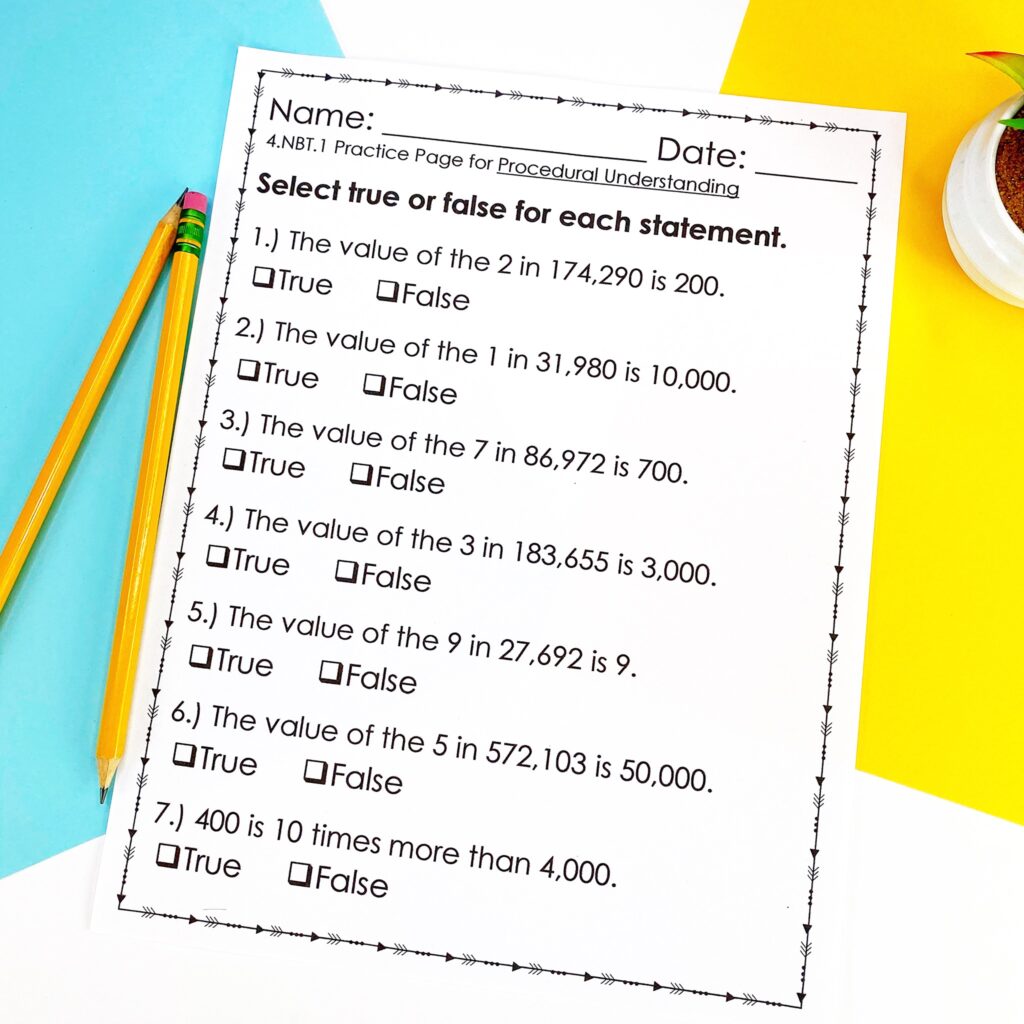
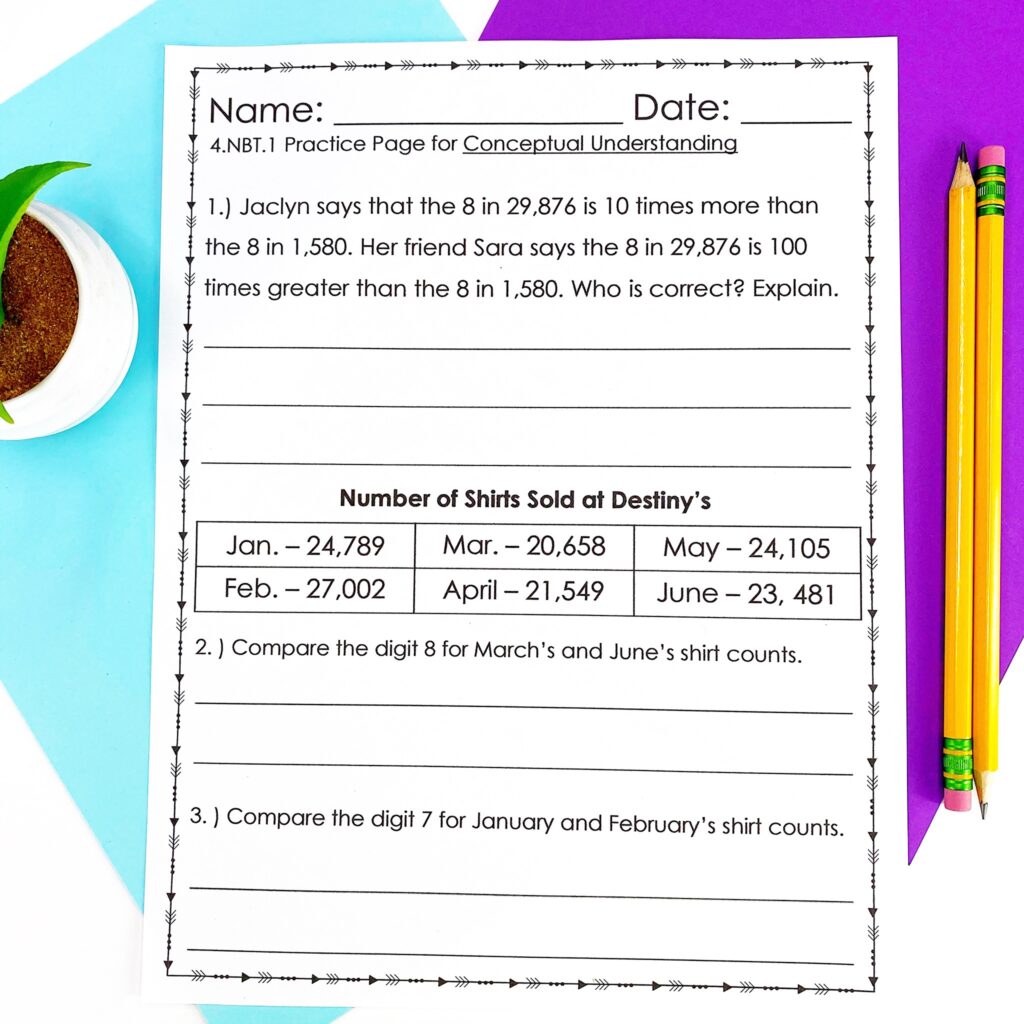
Have a baseline set of data
You need to identify the academic deficiencies of your students. Before you can provide intervention, you need to know the skills to reteach. I use these beginning of the year assessments to pinpoint class needs and specific needs of individual students. These free assessments have questions that specifically target procedural and conceptual understanding for each standard.
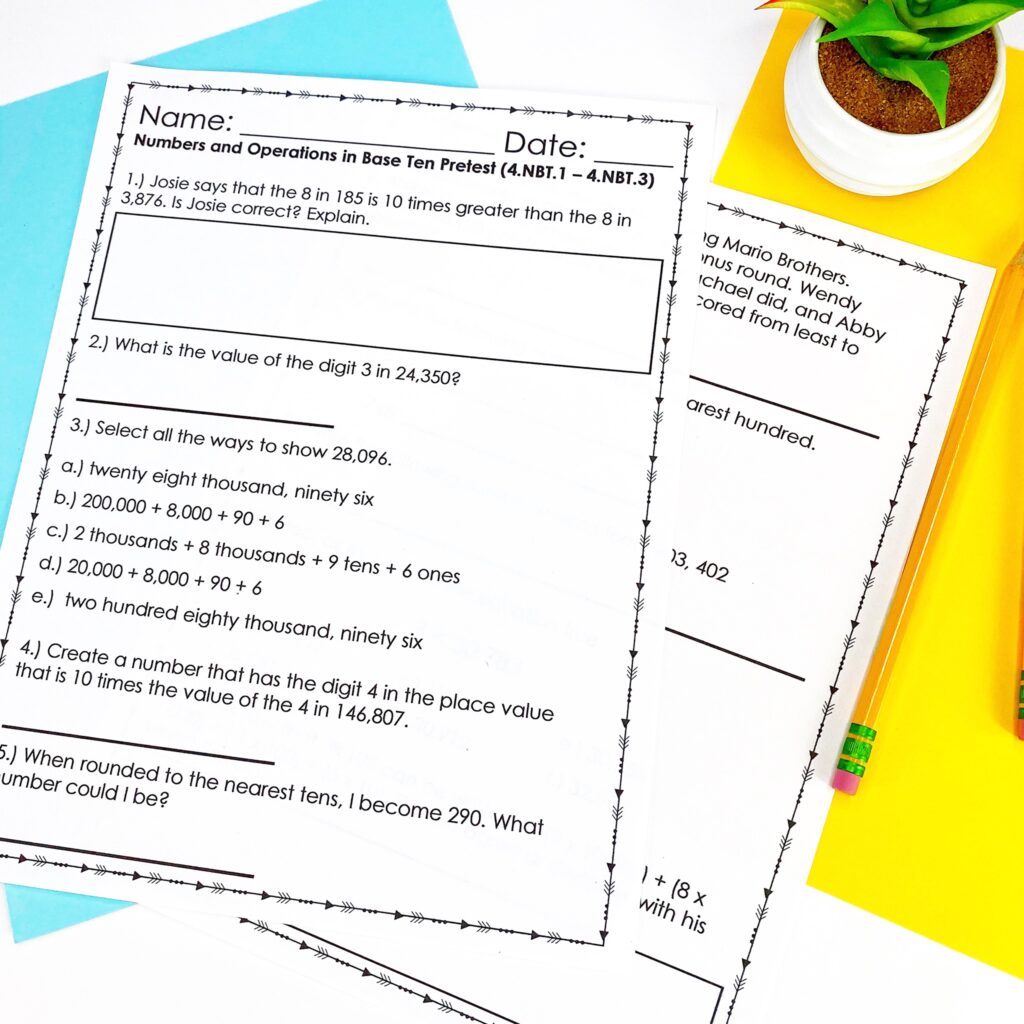
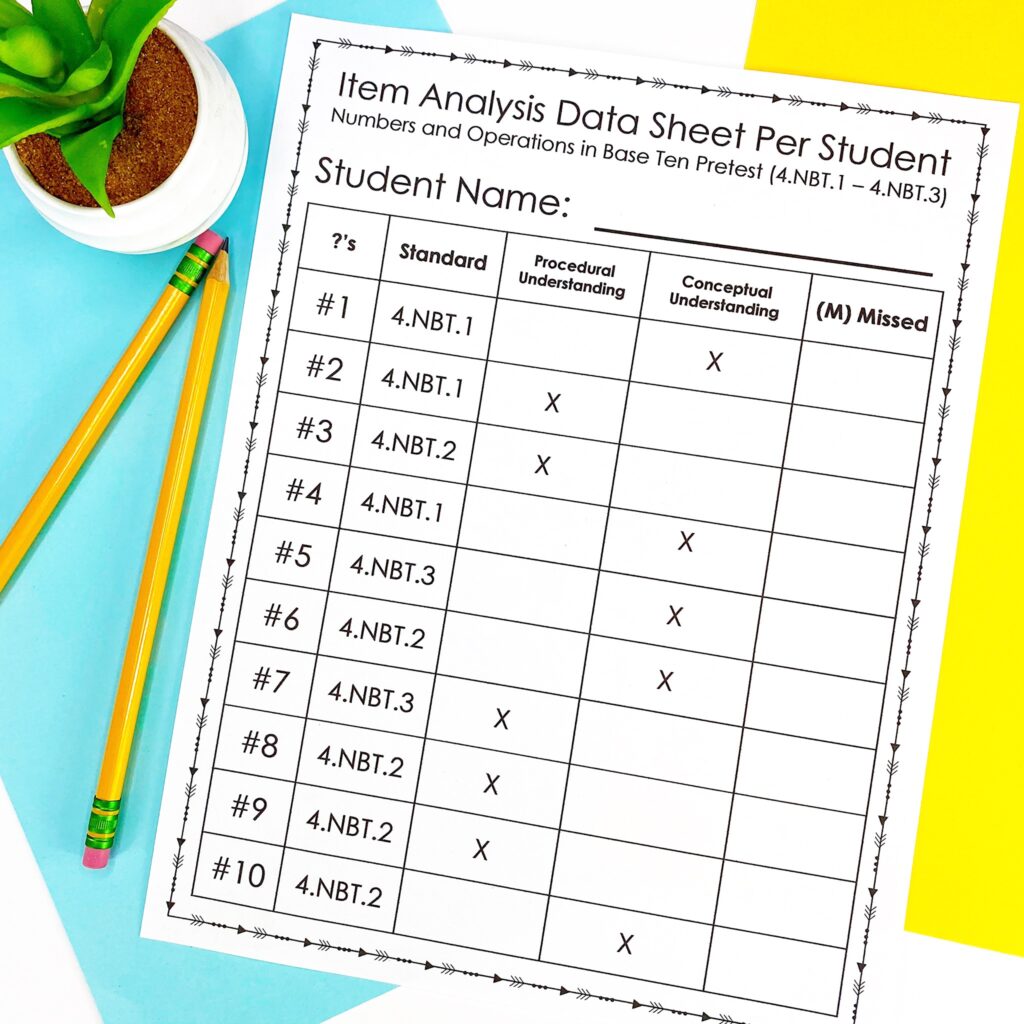
It can feel overwhelming when you look at student scores. It feels as though the needs of just one student are so wide and impossible to achieve. In this case scale it back. Focus on prerequisite skills that are continuously needed. Focus on the four operations of math, number sense, fluency, and problem solving. Quadrilaterals are important but not as important as conceptually understanding multiplication.
Keep it short and sweet
The #1 struggle with implementing intervention is TIME. There is never enough time to achieve everything you as it is, and adding another thing to your schedule seems impossible. Allocate 10-15 minutes a day for intervention, that’s it! In the past I have had students silent read for 10-15 while I worked with a small group or one student. It’s not always perfect but you make it work.
Monitoring progress
Without a doubt the most important part of intervention is to decide how you will track student progress. Administration, parents, support staff, and of course you will want to know if the remediation is actually working. In the past, I have used a schedule that provides intervention on a new topic/standard for 4 days. Then I assessed on Fridays. You don’t want to assess too often nor do you want to wait too long. I find that most intervention plans last about 6 weeks before the team wants to meet and discuss progress. With this schedule you can collect 6 points of data to share during those meetings.
Using standards based mini assessments
What will the assessments you use to track data look like? Use quick and easy to complete assessments that isolate and focus on specific skills. These will be the skills that you are reviewing during intervention time. I use assessments that are standards based so I know exactly where the student’s understanding lies. The assessments I use also cover procedural and conceptual understanding.
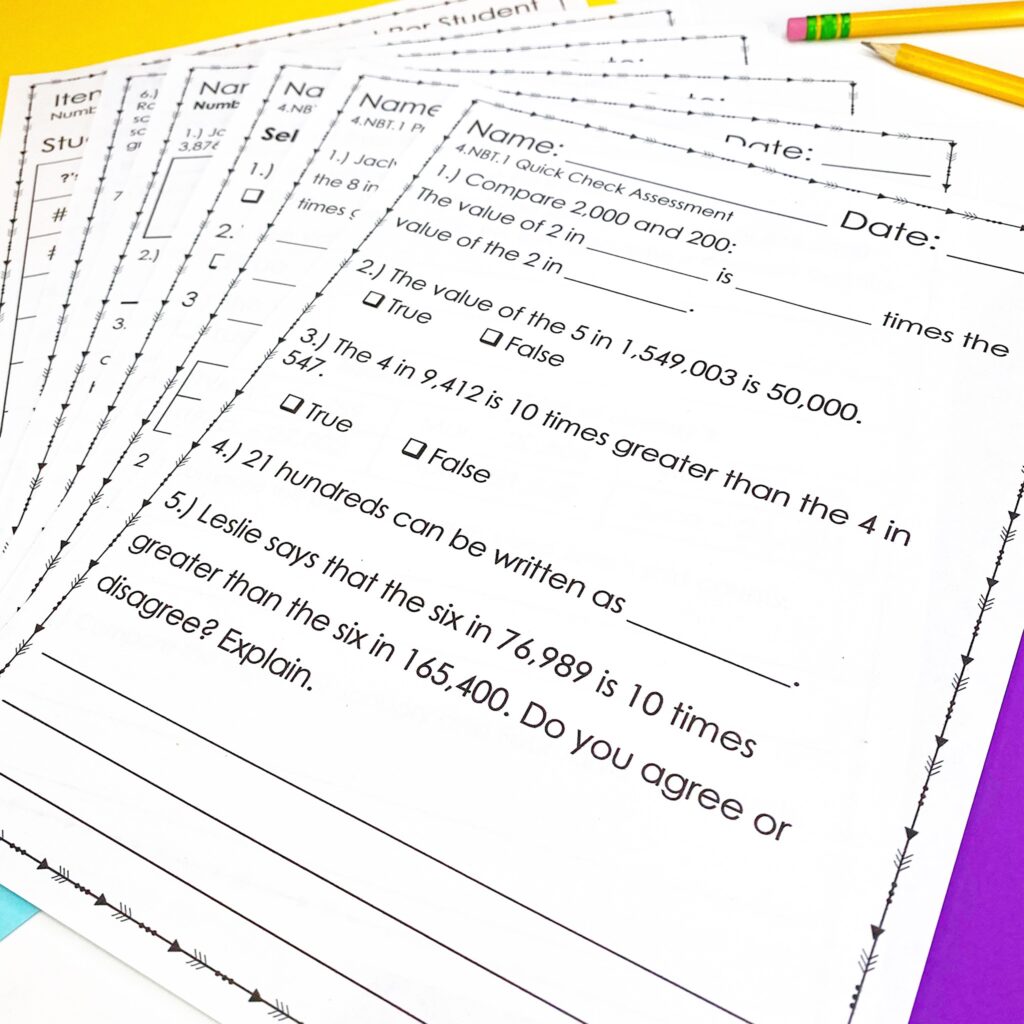
Keep records of everything
Data tracking is EVERYTHING in intervention. Keep records of student work, assessments, and notes. This will help you during parent conferences, RTI meetings, and/or conferences with admin. Here are the four pieces of data I bring to every meeting related to the remediation needs of a child:
- Standardized test scores – from previous year to current year
- Graphs showing student progress – this includes the mini assessments I administered during the intervention process
- Graphs comparing the student in RTI with the class – class averages and student averages of assessments that everyone is completing
- Work samples of the resources and activities we completed together during small group/ 1:1 instruction
Don’t give up
It may be hard to see the effect of your efforts and hard work but it will come. Stay consistent and it will start to pay off. Remember you and your students are doing a great job! Our Math Intervention Resources for grades K-8 eliminates all the prep work for you so you can focus on what really matters- helping your students!






